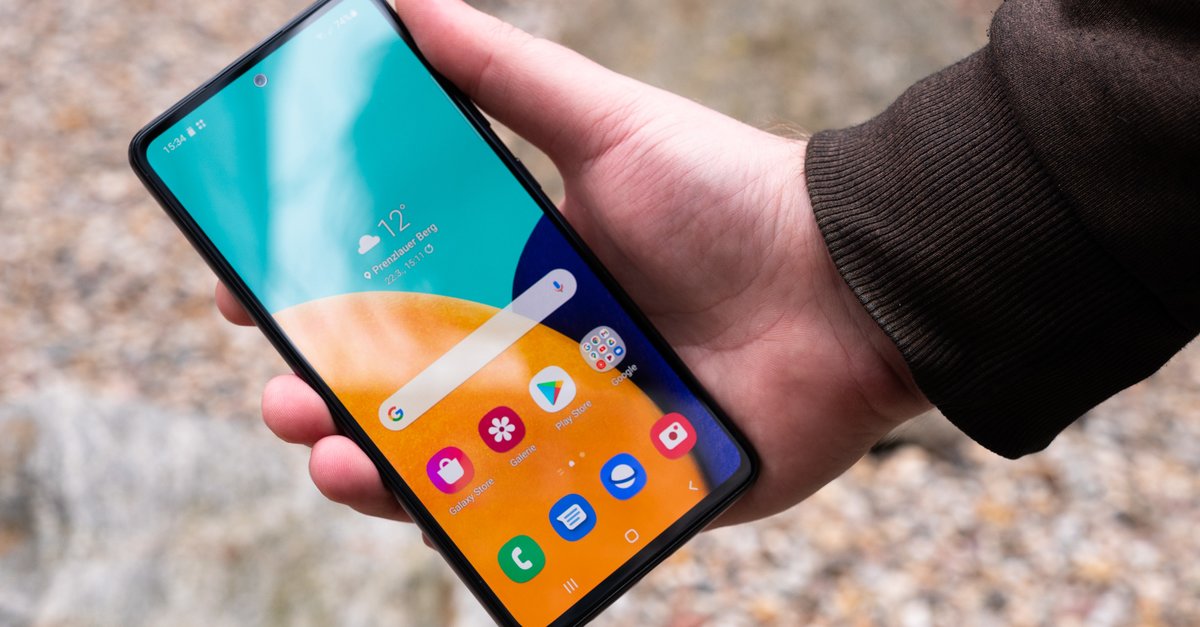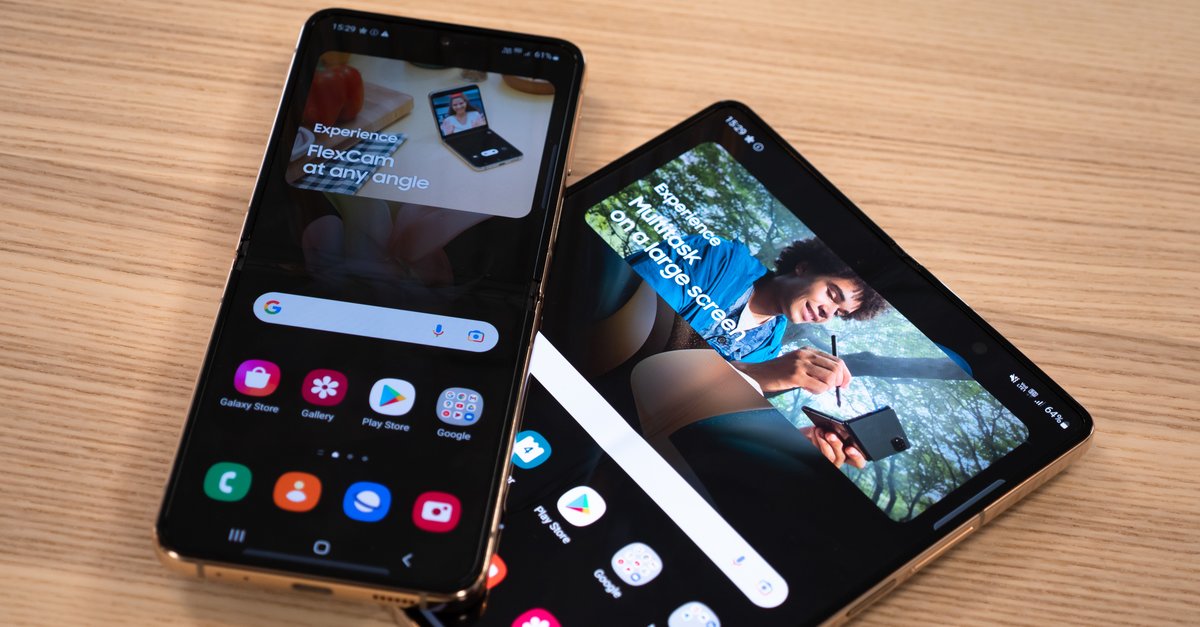Big problem with smartphones soon to be solved
Year after year, smartphone manufacturers around the world try to improve performance while improving the efficiency of their devices. Samsung and IBM should really have achieved a breakthrough in processor design. Smartphones could thus offer a significantly longer battery life.

Samsung and IBM make breakthrough in semiconductor design
A processor based on a certain semiconductor design works in every smartphone. This is exactly where IBM has achieved a breakthrough in cooperation with Samsung. The transistors work with the new one Vertical Transport Field Effect Transistors process (VTFET) vertical, can perform calculations much faster and require considerably less energy.
IBM and Samsung also give specific figures. the The performance of the new processors is to double and, at the same time, the energy requirement is to be reduced by 85 percent. Specifically, this would mean that a powerful smartphone would not only last a day or two on one battery charge, but a week. Of course, that would have a significant effect on the use of smartphones.
The following video explains the technology from IBM and Samsung in detail:
But we can’t be too early to look forward to it. IBM and Samsung have now achieved the breakthrough with the “Vertical Transport Field Effect Transistors” process, but it will be some time before we actually get end devices with processors that use this technology. Nonetheless, it is important to see that such a big step has been taken in this sector, and so are we have not yet reached the physical limits of semiconductor design.
Samsung wants to reduce the size of the battery in the Galaxy S22
Samsung will soon present its new Galaxy S22 smartphones and probably use smaller batteries than in their predecessors. A somewhat more efficient processor is also used there, but the runtime could still suffer as a result. At the latest when Samsung will build processors based on the new VTFET technology, that could hardly make a difference.



